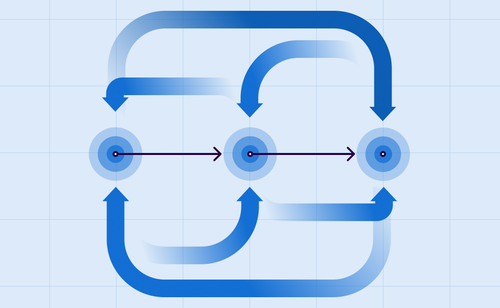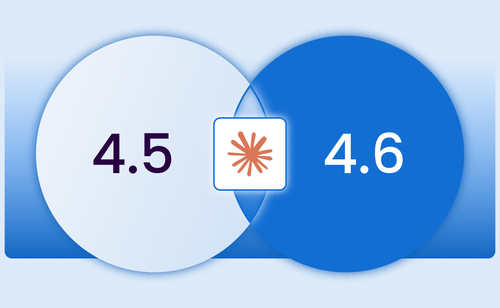Sonar's latest blog posts
The future is AC/DC: the Agent Centric Development Cycle
The era of Continuous Integration, with its familiar processes and workflows, is rapidly coming to an end. Traditional CI relies on developers making small, frequent, iterative commits. Today, the “continuous” part is changing.


The future is AC/DC: the Agent Centric Development Cycle
The era of Continuous Integration, with its familiar processes and workflows, is rapidly coming to an end. Traditional CI relies on developers making small, frequent, iterative commits. Today, the “continuous” part is changing.
Read article >

Code Architecture Management General Availability in SonarQube
Manage code architecture in SonarQube Cloud to stop structural debt. Discover, formalize & fix AI-driven drift in real-time. Get started today.
Read article >
Get new blog posts delivered directly to your inbox!
Stay up-to-date with the latest Sonar content. Subscribe now to receive the latest blog articles.

How to optimize SonarQube for reviewing AI-generated code
Without guardrails, AI-generated code introduces technical debt, security vulnerabilities, and reliability issues that are hard to track.
Read article >

The architecture gap: Why your code becomes hard to change
Stop the "silent killer" of engineering velocity. Learn what architectural drift is, why those quick code shortcuts lead to massive technical debt, and how to bridge the gap between your whiteboard designs and your actual codebase.
Read article >

Code generation tradeoffs: A comparison of Claude Opus 4.5 and 4.6
We recently ran a small experiment to see how Claude Opus 4.5 and the newer Opus 4.6 handled a specific backend task. The goal wasn't to see which one was necessarily better, but to understand the differences in their coding styles.
Read article >